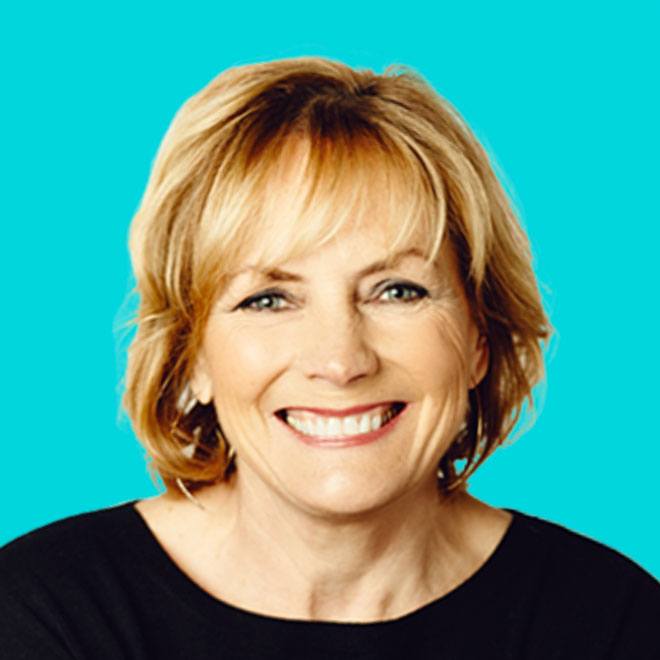In the early ’70s, I attended a private all-girls middle and junior high school outside of Boston. The education I received was outstanding. It included Latin, French and expository writing. Most importantly, my liberal school taught me a lot about God and the Bible. We began each day with an all-school assembly. The headmistress read from the Bible and led us in singing Methodist hymns. I loved singing the hymns because as a Catholic, they were all new to me.
I visited the school a couple of years ago and found that morning assemblies had been abolished. Instead, they’d been replaced with opportunities throughout the year for students to show solidarity with different groups like the LGBTQ community, by taking a vow of silence for a day. The administration completely booted God from the school in exchange for a cheap attempt at social justice.
God, it turns out, is good for kids.
Secular progressivism has done an excellent job of teaching children that God isn’t worth their time or attention. Activists are. The victims in our country need the support of seventh graders more than those seventh graders need God, our children as told. From where I sit as a child advocate — this is a travesty.
Excellent research shows that kids who have faith in God are less likely to suffer from depression and anxiety, get involved in high-risk behaviors like sex, drugs and alcohol, and are more likely to get along better with their parents and graduate from high school and college.
God, it turns out, is good for kids.
Related: Christianity or Politics? Choose Both
The secular progressive movement has systematically banned God from schools, government institutions, and more, but its influence doesn’t stop there. More powerful is its insidious and negative branding of those who have a Judeo-Christian faith as narrow-minded and bigoted.
This has pressured believing parents into silence even with their own children for fear that their children will be embarrassed or seen as politically incorrect.
If schools won’t teach our kids about God then the responsibility rests with us. But our work should not end with simply teaching our kids about our faith – we must be able to teach them the difference between our beliefs and other religions.
Many of us understand the tenets of our own faith, but can we answer our children’s questions about other faiths — like radical Islamism? We need to be able to do this because in the years ahead, with increasing religious diversity in our country, our kids will need a clear understanding of what they do and do not believe.
Related: How Friendship Can Promote Christian Unity
Many parents hear about the radicalization of Islamism but really don’t know what that means. What exactly does the Quran teach and how is it different from Judaism, Christianity or Hinduism?
Many wonder whether Muslims worship the same God as Judeo Christians — so we need clarification regarding questions like these and more. Over the next three weeks, we will look at the similarities between Judaism, Christianity, Islamism, Buddhism, Hinduism and New Age philosophies. When our faith comes under fire, we need to know how to defend it. This series will help every parent do just that.
Most importantly, we will review how each of us can pass our faith onto our children. Great parents put a lot of time, energy and money into choosing the right school, nicest clothes and the best extracurricular activities for their children — but they forget to teach those same children about God.
Let’s change that. After all, when your children encounter struggles in their lives, do you want them relying more on their sport’s ability, their education — or God?
Dr. Meg Meeker has practiced pediatrics and adolescent medicine for 30 years. She is the author of the online course, “The 12 Principles of Raising Great Kids,” which is part of The Strong Parent Project.

Join the Discussion
Comments are currently closed.